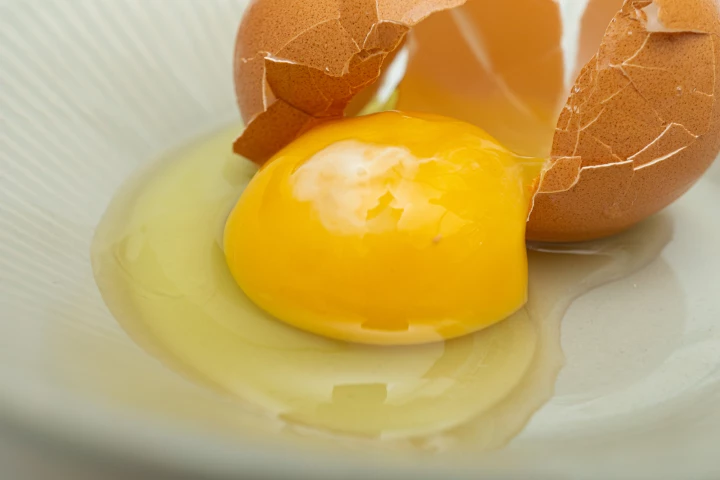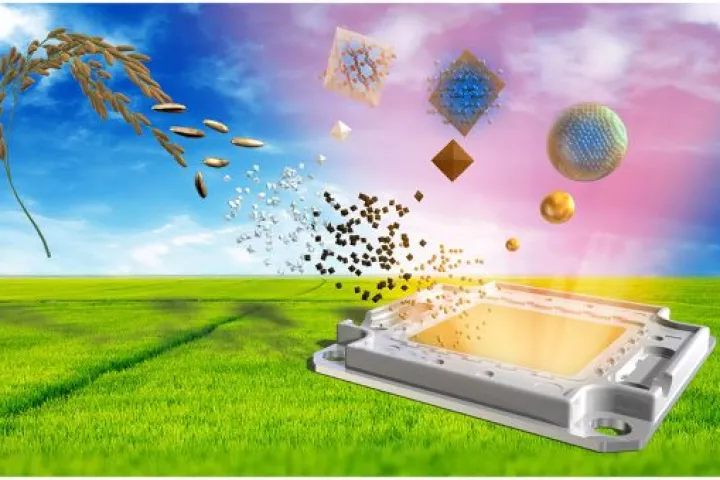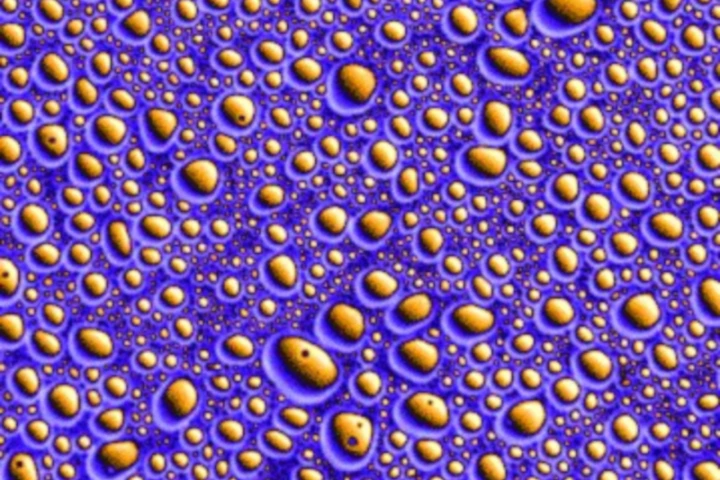University of Hiroshima
-
A new study turned up a surprising effect of having caffeine with a sweetener. For some java drinkers, it could be a way to get more out of the beverage. For others, though, it might be best to skip the sugar, especially at night.
-
Egg allergies are one of the most common allergies in children, triggered by everything from meatloaf to flu vaccines. Now, researchers have used genome editing technology to develop a chicken egg that may be safe for allergy sufferers to eat.
-
Scientists in Japan have made a fascinating discovery around muscle wasting, demonstrating how human muscle cells can be infused with serum from hibernating black bears to not just prevent atrophy, but actively promote an increase in mass.
-
Scientists at Japan's Hiroshima University have demonstrated a greener path forward in quantum dot manufacturing, by using discarded rice husks to produce the world's first silicon quantum dot LED light.
-
How life first emerged from non-living matter is one of the most enduring mysteries of science. In a new study, scientists have created self-replicating protocells in the lab, which could represent the “missing link” between chemistry and biology.
-
A significant breakthrough in genetics research out of Japan has raised the prospect of gender preselection, with scientists establishing a new kind of chemical treatment that can produce mice litters made up mostly of a desired sex.
-
New research has shown success at blocking specific molecules involved in maintaining pain following a nerve injury, significantly lowering patient discomfort. The tests were successful in laboratory mice, indicating that it might prove effective in human tests.
-
Listening to a patients' breathing is certainly a key part of diagnosing their respiratory problems. However, doctors' individual observer bias does come into play. That's why scientists have created an electronic system that objectively matches lung sounds to specific maladies.
-
Japanese researchers at Hiroshima University and Daiya Industry Co. have created an assistive exoskeleton that does away with heavy batteries and motors. Instead, their Unplugged Powered Suit (UPS) harnesses the wearer's own weight.
-
iSAVE-SC1 is an electric vehicle developed by students at Hiroshima University that resembles a drivable cushion.









